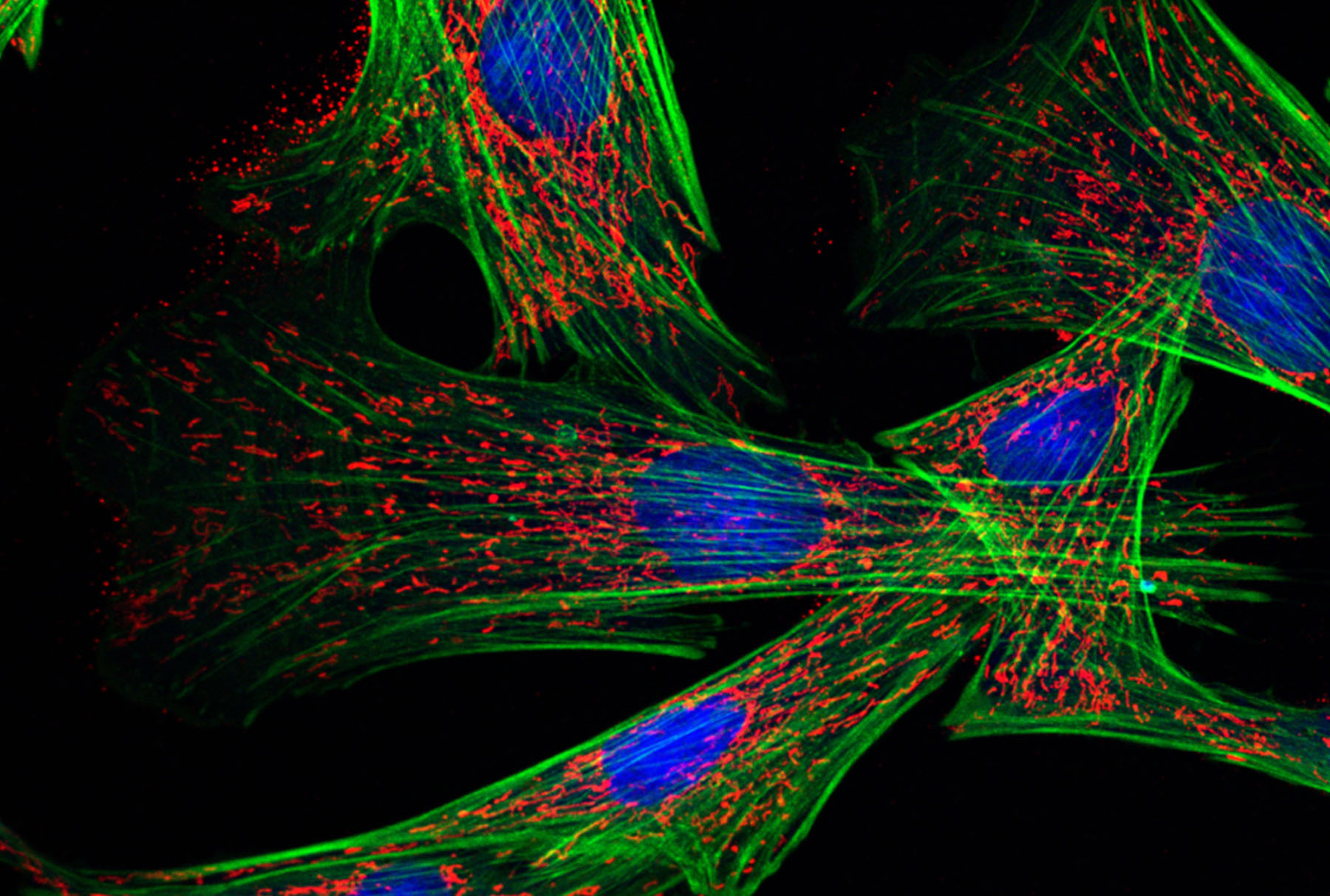About us
Find out about us here at the Biosciences Institute.
With over 300 staff and 250 postgraduate research students from across the world, we provide a vibrant, multi-national, collegiate and diverse environment with state-of-the-art laboratory, technology and teaching environments.
Management Team
The Institute is led by a Management Team whose role is to provide strategic direction, leadership and support to all NUBI-members. It oversees the Institute’s research strategy, finances and communications, and provides people services and technical support. Weekly meetings ensure the smooth running of the institute with decisions and relevant communications being made in a timely manner.
It holds regular hybrid ‘town hall’ meetings with its academic, post-doctoral research and postgraduate research student communities. These meetings are a way to convey important information, host presentations on key topics, and provide an opportunity for people to provide feedback or ask questions in an informal setting.
Supporting people
We have introduced important Equality, Diversity and Inclusion initiatives to provide an inclusive environment for everyone and the Academic Lead sits on our Executive Board.
We recognise that our community of researchers are crucial to our success. We ensure that they have a stable and rewarding career structure by providing and supporting:
- support for professional development
- opportunities for promotion
- the Faculty’s Bridging Scheme
- the University’s Returners Programme
- Support for Early Career Researchers to attend and present their work at conferences
It is our firm belief that good mentoring and support should happen 52 weeks a year. In addition to the Faculty’s researcher career development initiative, the Institute has its own mentoring scheme for all postdoctoral researchers. There is also an additional bespoke mentoring and career development programme for our Early Career Researchers who hold research fellowships.
We are committed to building a rich culture where differences among colleagues are valued and celebrated, helping to drive innovation, creativity and success.
Supporting research and innovation
We are committed to a Team Science approach. We understand that scientific challenges are best approached through collaborations that utilise and value the differing knowledge and expertise of many individuals. We ensure that the contributions of our staff and students are acknowledged in the scientific literature that publish our research discoveries.
We recognise a key to grant success is in gaining input at an early stage from a wide range of scientific perspectives. The Research Themes provide grant mentoring through ‘Perfect your Pitch’ or ‘Dragons Den’ type sessions and members provide feedback and discussion throughout the process in an informal setting.
Our Institute plays host to a vibrant and diverse seminar program of esteemed scientists from across the world. All staff, postgraduate research students, and final year honours students are invited to attend these seminars, either live or at a time that is convenient to them.
Our Institute publishes a monthly newsletter that is circulated to all of our members, guests and affiliates. The newsletter is a way to celebrate our successes, introduce our new staff and students, convey important information and circulate items of interest.
We host an annual Institute Research Day where we showcase the depth and breadth of our research. The day is a mix of scientific presentations and posters from staff and postgraduate research students to share knowledge, to support the multi-disciplinarily of our Institute, foster new collaborative links and stimulate discussion.
The NUBI Evelyne Sernagor Prize
The NUBI annual image competition has been renamed The NUBI Evelyne Sernagor Prize in honour of Professor Evelyne Sernagor, whose dedication to teaching and research shaped neuroscience at Newcastle for three decades.
The 2025 winner was Dr Kaveh Emami with ‘StreptoKiss’
The award was previously known as NUBI image of the year and past winners were:
- 2024 - Dr Connie McKenzie-Gray Scott
- 2023 - Dom Alderson, PGR Student
- 2022 - Dr Magomet Aushev
- 2021 - Maria Georgiou, PhD Student
- 2020 - Professor Evelyne Sernagor


